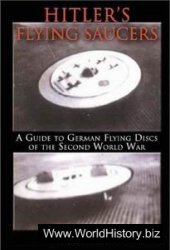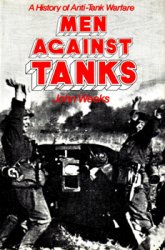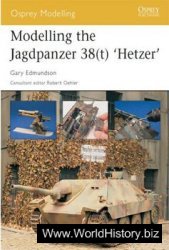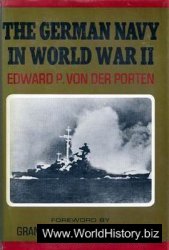Richard Langworth puts all those interested in Winston Churchill in his debt. This book is a marvellous compendium of Churchill’s written and spoken words, a true encyclopaedia of wit and wisdom, by far the most comprehensive yet published, and an essential companion for writers, teachers and students alike, as well as for anyone in any walk of life who wants to gain a real sense of Churchill in his own words: of who Churchill was and what he stood for.
It has been my good fortune to have known Richard for almost as long as I have been working in the Churchill vineyard. Few people have such a wide knowledge of Churchill’s published words and of the context in which he wrote or spoke them. This knowledge - without which this book could not have been written - is based on a vast array of works written by Churchill himself.
Churchill’s published works included several substantial histories and collections of speeches: in all more than fifty volumes of his own writings and words. From his first published book, The Story of the Malakand Field Force in 1898, to his last major work, the four-volume A History of the English Speaking Peoples, published between 1956 and 1958, Churchill was neither a stranger to expressing thoughts in words, or shy in doing so. Richard Langworth has supplemented these sources with material in the Hansard record of Parliamentary debates, in the collected Churchill speeches edited by Robert Rhodes James, from many autobiographies and biographies, from those who have sent quotations in to him, and from the Official Churchill Biography, the first two volumes of which were written by Churchill’s son Randolph, and the following six volumes by myself. Also made full use of here are the comprehensive “companion” volumes of documents that are an integral part of the Official Biography.
As the helpful chapter categories show, there is no area of life and thought about which Winston Churchill did not have something to say. Among the thirty-four categories are Maxims, Churchillisms, Anecdotes and Stories, Germany, Russia and America, the World Scene, the Cold War and the Nuclear Age, Political Theory and Practice, Education, and War. From terse phrases to sustained thought pieces, there is a remarkable diversity and wisdom to be found in this book.
The reader who works through the scheme that Richard Langworth has devised will come to have a true picture of Churchill’s mind, his ideas and his ideals. Starting with The Immortal Words - a section that should be recited aloud by all those who love the use of words to convey powerful sentiments - we are taken on a journey as dramatic and as unexpected as those of Columbus, Magellan, Cortes or Cook. Read aloud, as Randolph Churchill so relished doing when he was writing about his father, whether or not learned by heart, these first pages, like many of those that follow, can stir the blood, warm the soul, amuse and enlighten.
This is a long book, and rightly so. Many rewards will accrue to those who read it in its entirety. It can be read in small segments, set aside, and taken up again, read in moments of leisure and at times of reflection. Churchill was consistent in his thought, and diverse in his expression. He could take ordinary episodes of history or politics and enliven them with wit and insight.
Richard has ensured that every aspect of Churchill’s long, controversial and creative career, and every facet of Churchill’s versatile, unusual and wide-ranging mind is here for the reader to follow, absorb and enjoy. They can follow Churchill’s own advice, quoted here, about the books in his library: “Peer into them. Let them fall open where they will. Read on from the first sentence that arrests the eye. Then turn to another. Make a voyage of discovery, taking soundings of uncharted seas.”
This magisterial volume invites just such a voyage. There are few books of which it can truly be said that it is unputdownable. This book is one of them. It combines in grand measure two unique factors. One is the reading, knowledge and enthusiasm of a modern Churchillian, who is also a Commander of the Order of the British Empire for making Churchill’s work better known in the United States and internationally, Richard Langworth. The second factor is the words of a master wordsmith and exponent of large causes, who was at the centre of British political life for more than half a century, and who bestrode the international stage in both war and peace, Sir Winston Churchill.
Martin Gilbert Honorary Fellow Merton College, Oxford




 World History
World History









